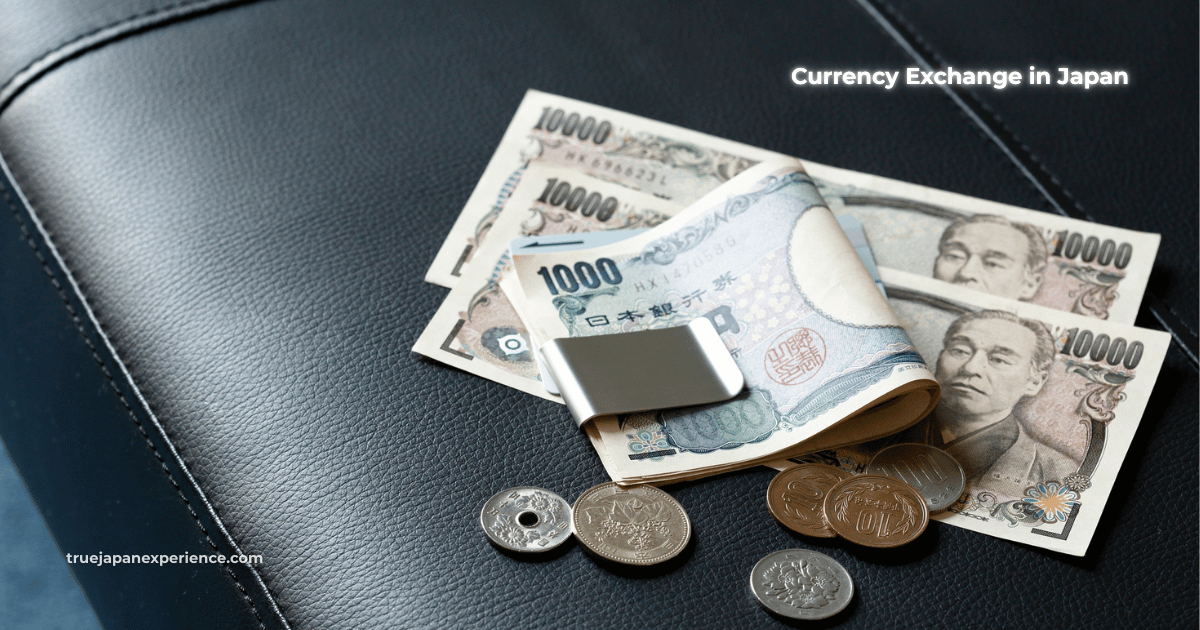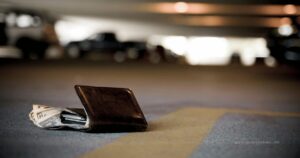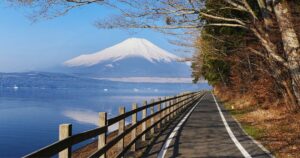Whether you’re visiting Japan for the first time or returning for another unforgettable trip, one thing is certain—you’ll need Japanese yen.
While Japan is gradually moving toward cashless payments, cash still plays a major role in everyday transactions, especially in local areas.
This guide will help you understand the best ways to get Japanese yen, where to exchange money, what to expect with ATMs and exchange machines, and how to avoid unnecessary fees.
By planning ahead, you can save money, avoid confusion, and enjoy your trip with confidence.
Why You Still Need Cash in Japan
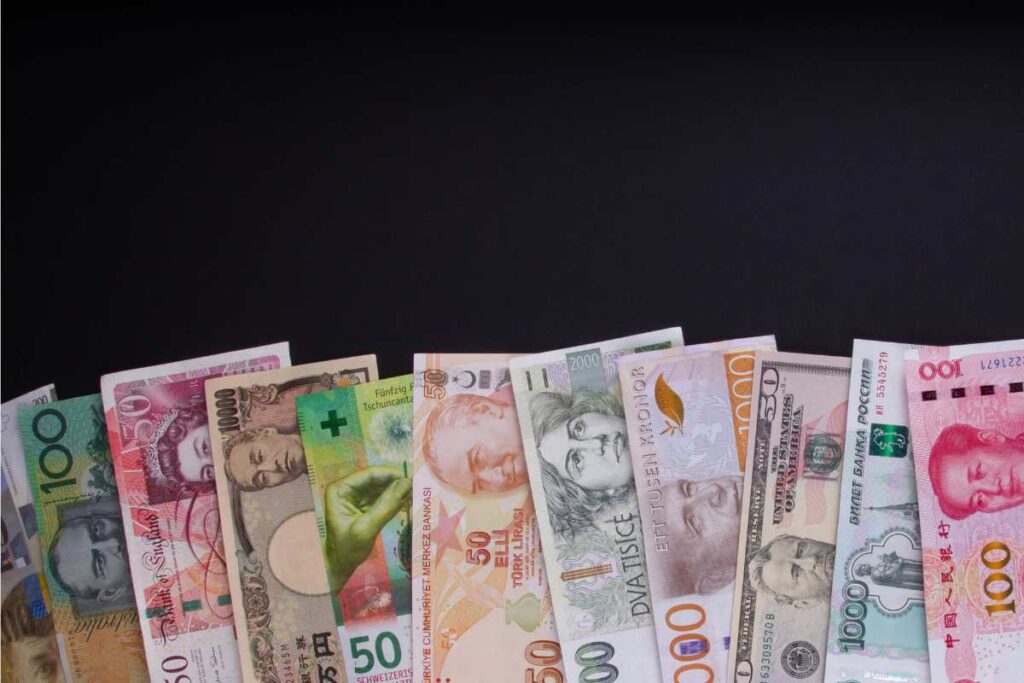
While credit card usage is increasing in Japan, cash is still essential—especially in small shops, local restaurants, traditional markets, and rural areas.
・Some transportation systems and vending machines only accept cash
・Temples, shrines, street food stalls, and mom-and-pop shops are often cash-only
・Having yen on hand gives you more flexibility and peace of mind
For tips on how and where you can use credit cards in Japan, see:
Can You Use Credit Cards in Japan? – The Complete Guide for Foreign Travelers
Should You Exchange Money Before Coming to Japan?
If you’re visiting major cities like Tokyo, Osaka, or Kyoto, it’s usually better to exchange money after arriving in Japan.
Local exchange shops and ATMs in Japan often offer better rates compared to currency exchange at overseas airports or your home bank.
However, there are some situations where it’s smart to bring cash in advance:
・You’re arriving late at night or during a holiday when services might be closed
・You’re heading straight to a rural area where exchange options are limited
・You want immediate access to yen for a train ticket, meal, or taxi upon arrival
Even if you’re relying on your credit card, having a small amount of yen in your wallet can be extremely helpful.
In short, if you have access to city exchange shops or ATMs, exchanging money in Japan is usually more cost-effective.
But if convenience and peace of mind matter more, bringing some yen with you is a smart move.
Can You Use Foreign Currency in Japan?
The short answer is: No.
Shops, restaurants, hotels, and even tourist attractions in Japan generally do not accept foreign currencies like US dollars, euros, or Korean won.
Japan remains a country where only the national currency—the Japanese yen—is accepted for everyday transactions.
Even large international hotel chains, department stores, and airport shops usually require payment in yen.
You won’t be able to pay in USD or EUR.
You must convert your money into Japanese yen either before your trip or upon arrival in Japan.
You can do this through:
・ATMs that support foreign cards
・Currency exchange machines at airports or convenience stores
・Dedicated exchange shops in major cities
Being prepared with yen from the start will save you stress and help you navigate Japan smoothly, especially if you’re using trains, buses, or visiting shrines and temples shortly after arrival.
Where to Exchange Money in Japan
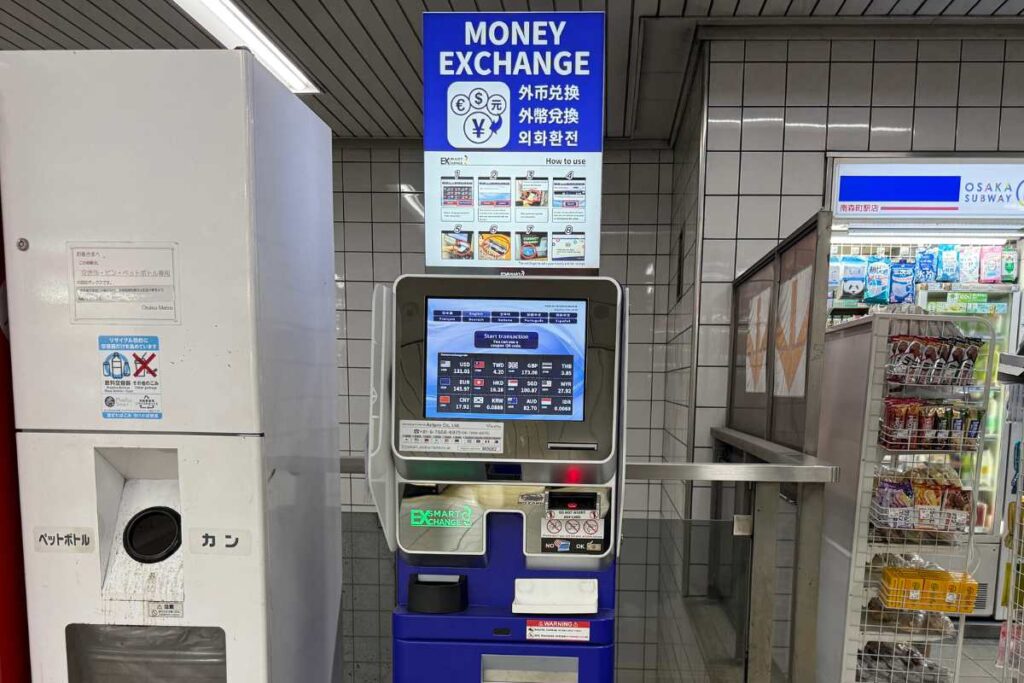
There are several convenient and reliable ways to exchange money in Japan.
Depending on your needs—such as finding the best rate, accessing services late at night, or exchanging money near your hotel—you can choose the option that suits your travel style.
Here’s a simple guide to the most common places where travelers exchange or withdraw Japanese yen during their trip.
◆ Convenience Stores
・7-Eleven and FamilyMart have foreigner-friendly ATMs and even foreign currency exchange machines
・Available 24/7 in most urban areas
・ATMs support English, Chinese, Korean, and other languages
・If you’re unsure where to go, heading to a nearby convenience store is often the easiest choice
◆ Airports
・Major airports (Narita, Haneda, Kansai) have exchange counters and multilingual exchange machines
・Convenient for first-time visitors or late-night arrivals
・Rates are usually higher compared to city centers
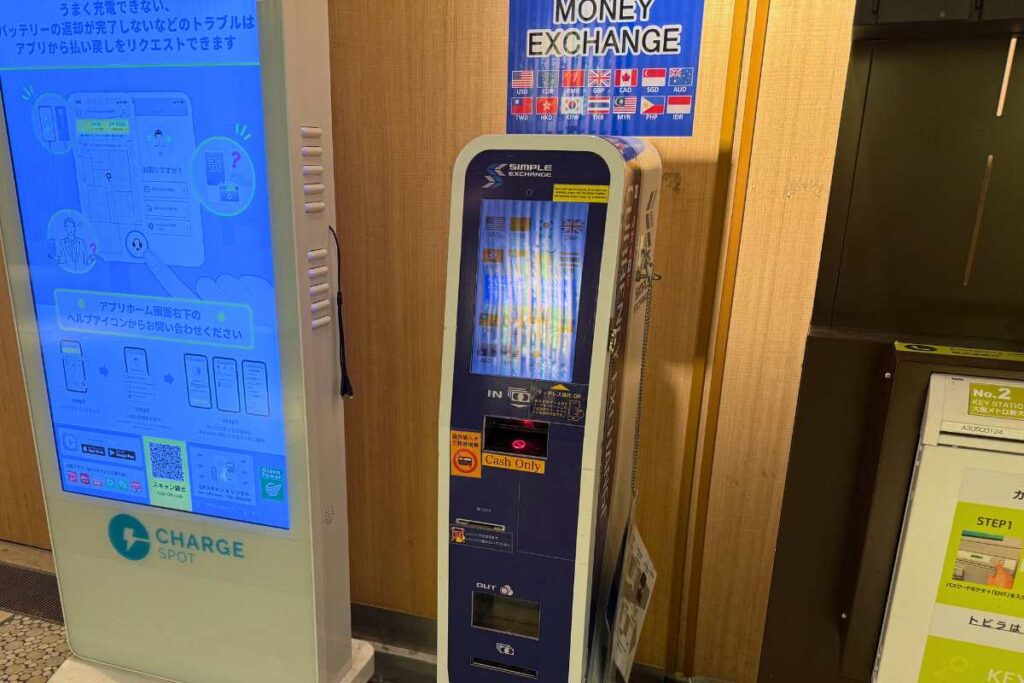
◆ Train Stations
・Tokyo Station, Shin-Osaka, Shinjuku, and other major hubs often have exchange machines
・However, large station layouts can be confusing—convenience stores may be easier to navigate
◆ Department Stores and Shopping Malls
・Large department stores like Daimaru often include foreign exchange machines
・Useful if you need cash while shopping
◆ Hotels
・Many hotels offer currency exchange at the front desk
・Easy but usually comes with higher fees
Which Method Is Right for You?
・Best Rates: Currency exchange shops (e.g., Daikokuya, J-Market), home delivery services
・Most Convenient: Airport counters, ATMs, convenience store machines
・Online-focused travelers: Wise, Revolut, or similar digital solutions (note: no physical yen provided)
No matter which method you choose, always compare the rates and fees beforehand.
Having some yen in hand will make your trip smoother and more enjoyable.
Currency Exchange Shops (e.g., Daikokuya, J-Market)
Japan doesn’t have as many street-side money changers as you might find in Southeast Asia.
However, in major urban centers like Tokyo and Osaka, you’ll find a few trusted chains such as Daikokuya or J-Market offering currency exchange services.
These shops are not dedicated currency exchange stores like you might find in Southeast Asia.
Instead, they are usually ticket or discount shops (known in Japanese as “kinken shops”) that mainly deal with gift cards, train passes, and secondhand goods—but some also offer foreign currency exchange as a side service.
・Located in urban areas like Shinjuku, Akihabara, Ueno, Namba, and Yokohama
・Often offer better exchange rates than banks or airport counters
・Check rates online or at the door before exchanging
・Some shops don’t allow you to choose bill denominations
ATMs: A Smart Way to Get Yen
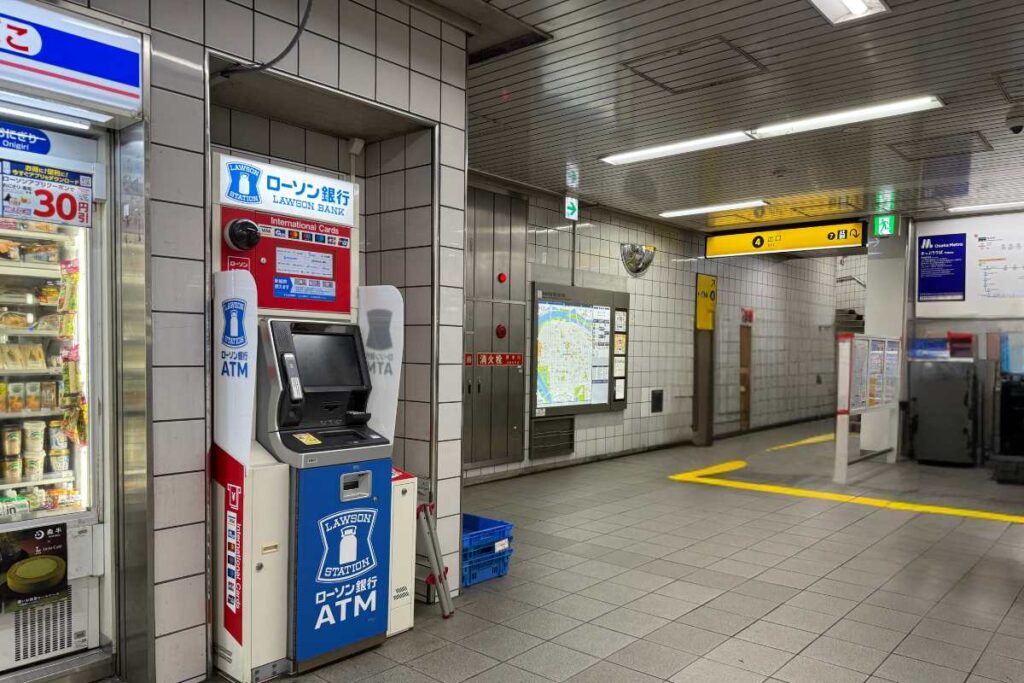
Using your international debit or credit card at Japanese ATMs is one of the safest and easiest ways to get yen.
New and Old Japanese Bills – Don’t Get Confused
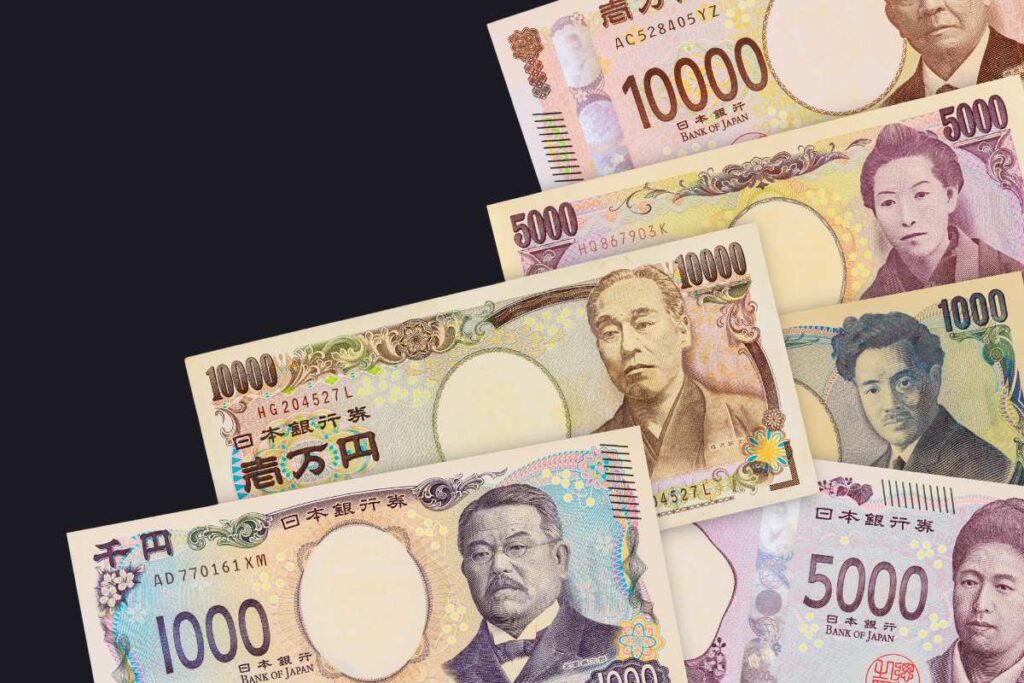
Japan introduced a new series of banknotes on July 3, 2024.
However, both old and new versions are in use, which may confuse travelers.
Don’t worry if your change looks different.
Japan regularly updates its currency designs, but all bills and coins can be used interchangeably.
Choosing the Best Method Based on Your Needs
With so many ways to get Japanese yen—ATMs, exchange machines, currency shops, and more—it’s important to choose the method that fits your travel style, location, and priorities.
Here’s a quick summary to help you decide:
・Best Rates: Currency exchange shops (e.g., Daikokuya, J-Market), home delivery services
・Most Convenient: Airport counters, ATMs, convenience store machines
・Online-focused travelers: Wise, Revolut, or similar digital solutions (note: no physical yen provided)
No matter which method you choose, always compare the rates and fees beforehand.
Having some yen in hand will make your trip smoother and more enjoyable.
Plan Your Visit with Confidence
Exchanging money in Japan doesn’t have to be difficult.
Whether you value the best rate, ultimate convenience, or digital ease, this guide gives you the knowledge to make the best decision for your trip.
Safe travels—and don’t forget to keep some coins for that ramen shop or temple donation box!
